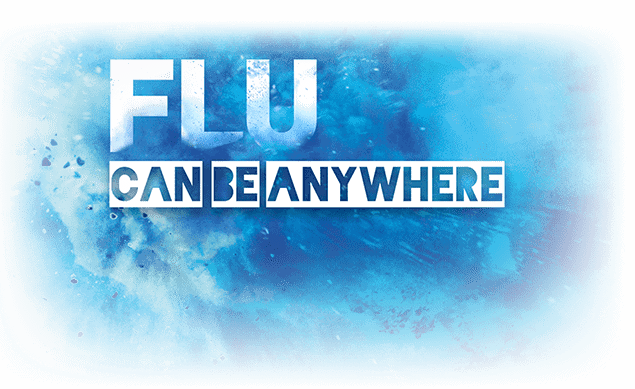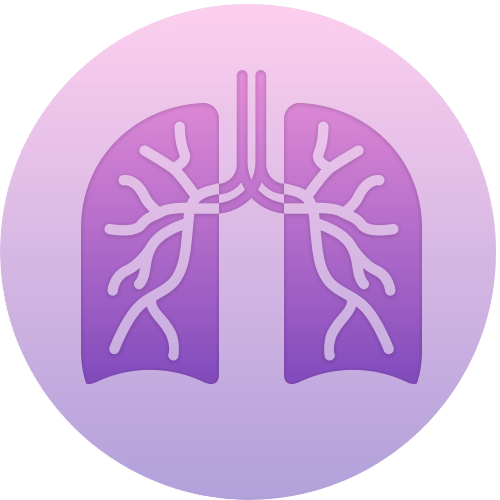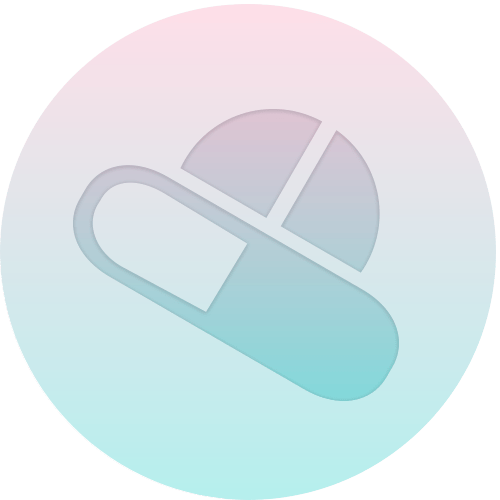Are You Prepared For The Fight This Flu Season?

After my last article, I’ve been asked to cover what types of supplements people could be taking during this outbreak and the upcoming flu season. Many patients who know me well will know that I’m a strong advocate of getting your minerals and vitamins through your diet first before considering taking any supplements. However, because of the changing pharmacological landscape of what the type of medicines people are taking for their clinical condition, sometimes having a balanced diet may not be enough for some to obtain an adequate level of vitamins and minerals they need to maintain healthy immunity. Hence, supplements may be beneficial in such cases. The type of vitamins that I believe can have a positive impact on your immunity are:
1) Vitamin D – vitamin D has been a hot topic of interest for the past few years in terms of its use in preventing respiratory illness. The reason why we need adequate vitamin D besides bone strength is that it can stimulate the production of antimicrobial proteins that can kill viruses and bacteria. If you have less vitamin D in your body, you are more susceptible to infection as a result.
At the moment, there is no conclusive evidence to suggest a recommended dose of vitamin D for improving our immunity. However, it is recommended that you get some sun exposure daily, especially when during the winter months. If sun exposure is not possible, choosing foods that contain vitamin D is crucial. Fatty fish (salmon), eggs, liver, and milk products all contain a small amount of vitamin D. According to WHO, the daily intake of vitamin D should be 600IU for adults. Hence, any supplements containing 600IU is considered sufficient.
2) Vitamin C – vitamin C is involved in many parts of the immune system. It helps encourage the production of white blood cells known as lymphocytes and phagocytes, which help protect the body against infections. It also helps these white blood cells function more effectively while protecting them from damage by free radicals.
According to WHO, the recommended daily amount for vitamin C is 65mg to 90mg a day, and the upper limit is 2000mg a day. I generally wouldn’t recommend more than 1000mg per day. For maintenance during the winter months, 250mg to 500mg should be more than enough, while 1000mg should be reserved for only when you have a cold or trying to get over a cold.
3) Zinc – Some of you may have read an online theory that zinc lozenges can “block” coronavirus from spreading in the respiratory system. However, according to some experts, zinc may boost your immune system, but it won’t prevent you from getting the coronavirus. So, if you are thinking of stocking up on zinc tablets – think again. However, it can still give your immunity a boost and potentially shorten the duration of a cold for you.
Ever since we became aware of the coronavirus, we have been told by experts to use alcohol-based hand sanitisers (preferably greater than 60% alcohol concentration). However, please do not get confused with drinking alcohol! Using alcohol-based hand sanitiser and drinking alcohol is an entirely different thing! Heavy drinking not only doesn’t help with killing the coronavirus, but it can also deplete our white blood cells, sequentially suppressing our ability to fight off infections. The bottom line is that the coronavirus outbreak is not an excuse for boozing – end of the story. Hahaha
To you and your family’s health!
Chris
Pharmacist


















